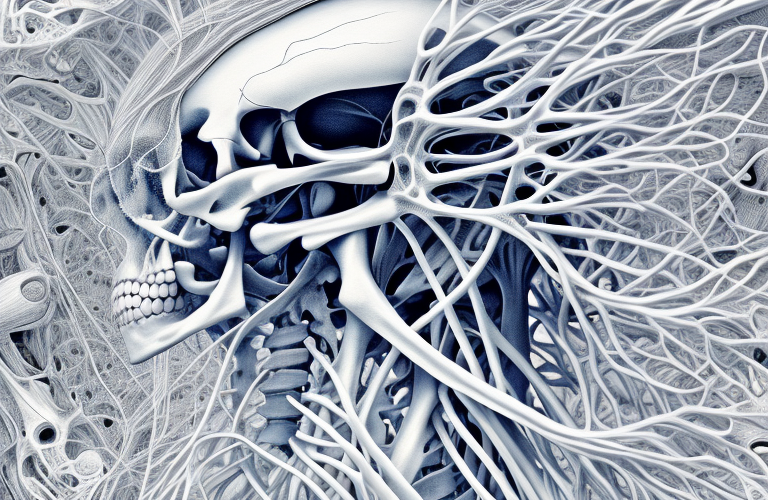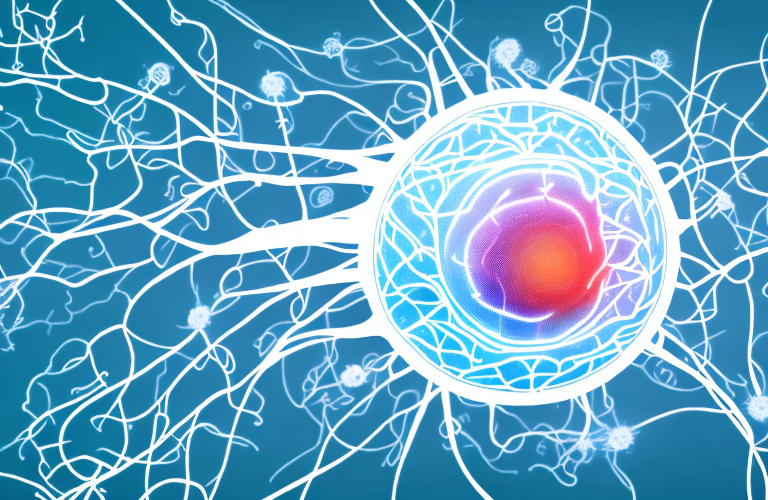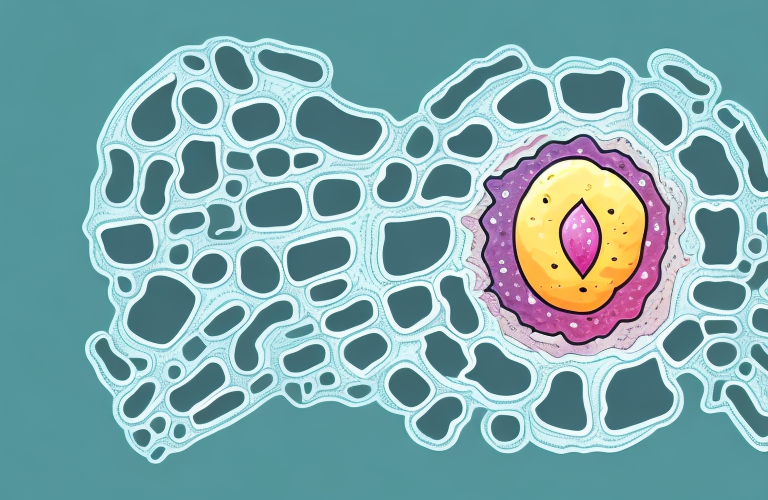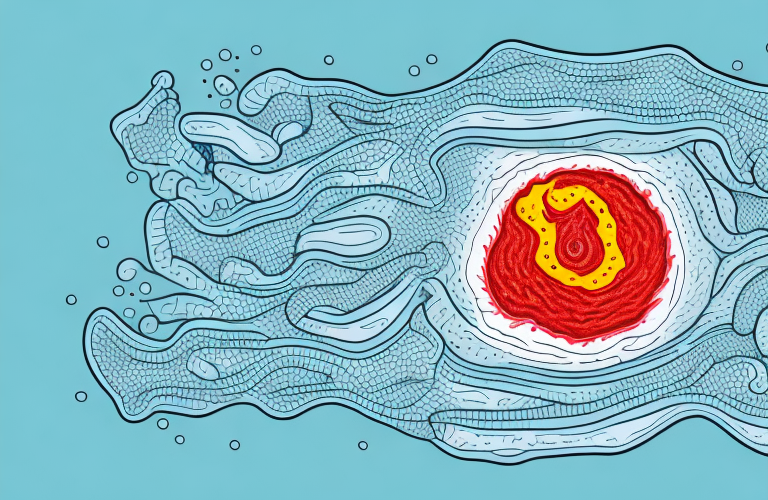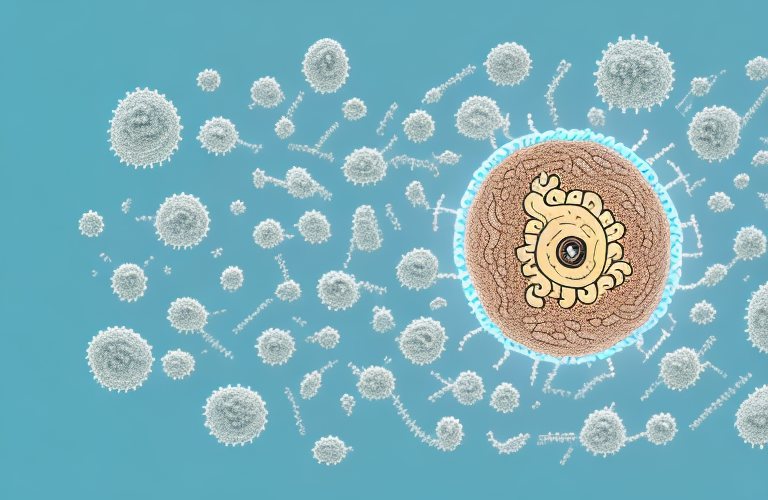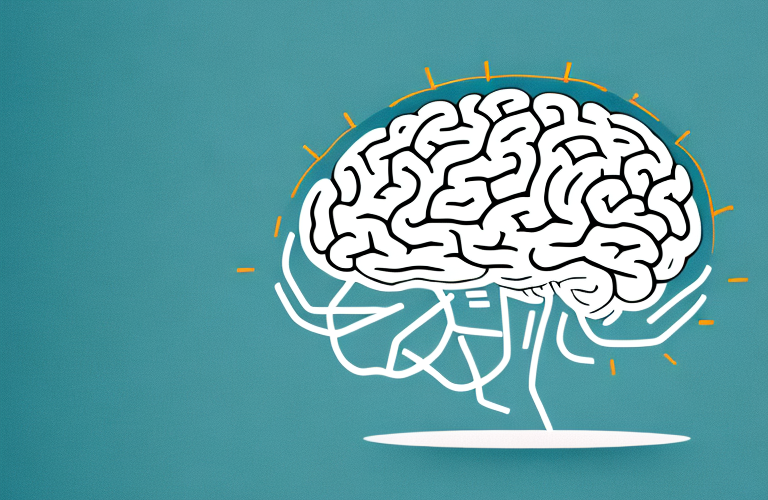
Health Conditions Explained: fMRI
Functional Magnetic Resonance Imaging, or fMRI for short, is a powerful diagnostic tool used by medical professionals to examine and understand the functioning of the brain. This revolutionary medical imaging technique has become increasingly popular in recent times, with its ability to identify and track neural activity in real-time, and diagnose a range of neurological and psychological disorders. In this article, we will take an in-depth look at the history, benefits, and limitations of fMRI, and discuss what the future holds for this innovative medical technology.What is fMRI and How Does it Work?Functional magnetic resonance imaging involves the use of…


